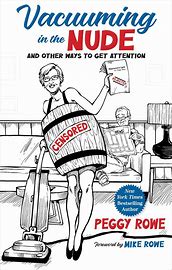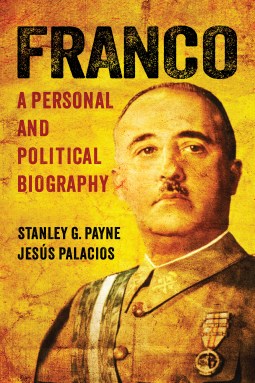Rumsfeld, Donald. 2018. When the Center Held: Gerald Ford and the Rescue of the American Presidency. New York, London, Toronto, Sydney, New Delhi: Free Press.
Review by Michael Beach
As one might surmise by the title, this book is Donald Rumsfeld’s homage to Gerald Ford. When I first saw the title, being this was likely a political book, I assumed ‘the center’ was a reference to a centrist political position. That was an incorrect assumption. Gerald Ford played college football in Michigan in his younger days. His position was that of the center. This player hikes the ball to the quarterback, then holds the line of large opponents attempting to get past him to tackle the quarterback.
Rumsfeld recounts Ford’s lifetime of service in the military and in politics. He describes his calm demeaner and plain speaking that some took as weakness, but for Rumsfeld, political players in Ford’s day mistakenly underestimated him.
The culmination of the book, and Gerald Ford’s political career, was about his service as vice-president to Richard Nixon. Ford was not the first vice-president to Nixon. He replaced a scandal-ridden Spiro Agnew. This meant that Gerald Ford was not elected to the position. Nixon also made it clear to Ford that he was not his first pick to replace Agnew. After taking office, the Watergate scandal became widely known and led to Nixon’s resignation. Ford found himself moving from an unelected vice-president, to an unelected president.
One of his first acts was to pardon President Nixon. Rumsfeld recounts the Ford administration policies and the historical fallout. Then he reviews the election where Ford actually ran but lost to Jimmy Carter. Rumsfeld recounts likely reasons for Carter’s win. His obvious assumption is that Ford suffered from guilt by his association with Nixon.
Like any political history work, one should consider the perspective of the author who was a Ford administration insider. He also later served with President George W. Bush. Despite some reflexive influence on the part of Rumsfeld, for those of us who remember the period, the book rings true.










 RSS Feed
RSS Feed